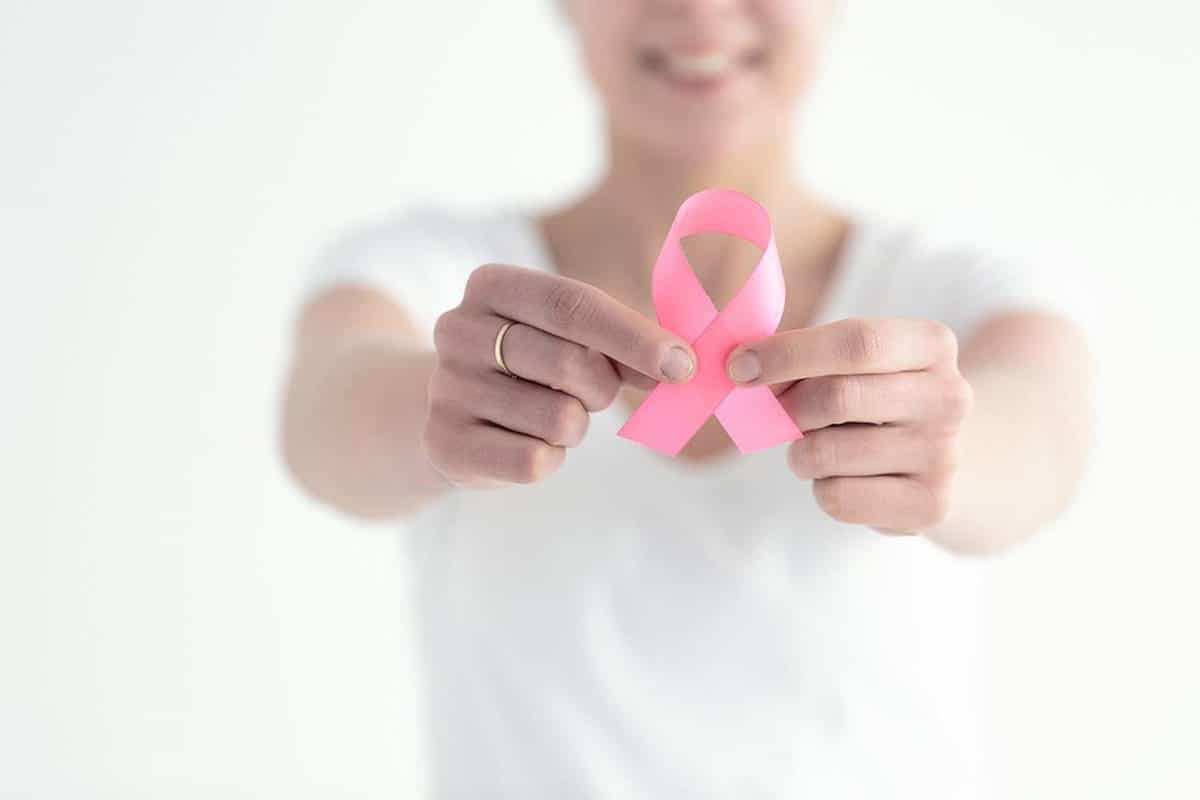While some factors that increase your chance of getting breast cancer are out of your control, such as age and family history, there are some things you can do to decrease your chance of developing invasive breast cancer:
Contents
Maintain a healthy weight
Having a BMI of 30 or more can increase your chance of developing a lot of medical conditions, including breast cancer. Eating a well-balanced diet and being active can help women stay within a healthy BMI of 18.5 – 24.9. Consult your doctor for information on maintaining a healthy diet.
Limit alcohol consumption
Moderate alcohol consumption can be a part of a healthy diet. Women should avoid drinking more than one drink a day because alcohol can increase your risk of developing breast cancer.
Exercise regularly
Trying to get 150 minutes of moderate exercise or 75 minutes of intensive exercise each week is associated with a lower risk of developing breast cancer.
Avoid hormone replacement therapy
Menopausal hormone therapy increases the risk for breast cancer. If you need to take hormones to help with symptoms associated with menopause, be sure to avoid those that contain progesterone and limit their use to less than three years.
Breastfeed for as long as you can
Breastfeeding children for at least a year can lower your chance of developing breast cancer in the future.
Focus on getting the right amount of Vitamin D
Recent studies show that vitamin D reduces cell growth and decreases the spread of cancer cells.Speak to your physician if you believe you’re vitamin D deficient.
Add omega-3 fatty acids to your diet
Foods such as salmon, chia seeds, and walnuts, are high in omega-3 fatty acids, which are protective against breast cancer.
Even if you take all the necessary precautions to prevent breast cancer, it’s important to follow the necessary guidelines for breast cancer screening. The updated guidelines state that women should get yearly mammograms after the age of 40 and screenings every three years for women in their 20s and 30s.

